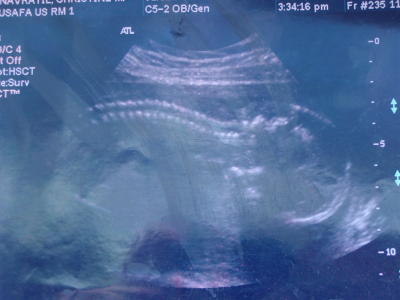 Most mothers-to-be would probably prefer to get as much sleep as possible before the baby arrives, but one of nature’s dirty tricks is that just when you need as much rest as you can get you can’t seem to get it because your back aches, your bladder’s always “full”, your belly’s in the way and your mind is teeming with a host of different fears and anxieties concerning your baby.
Here are some of the reasons those zzz’s are playing hard to get and some strategies that might help you:
Most mothers-to-be would probably prefer to get as much sleep as possible before the baby arrives, but one of nature’s dirty tricks is that just when you need as much rest as you can get you can’t seem to get it because your back aches, your bladder’s always “full”, your belly’s in the way and your mind is teeming with a host of different fears and anxieties concerning your baby.
Here are some of the reasons those zzz’s are playing hard to get and some strategies that might help you:
- Constant need to urinate Your bladder’s capacity has shrunk significantly because of your growing uterus. Drinking as little as possible an hour or two before bedtime may limit your late-night trips to the bathroom.
- Queasiness Since nausea (morning sickness) tends to strike on an empty stomach, eat a light, high-carbohydrate snack before you go to bed and keep some crackers or rice cakes on your night table so it’s easy to grab one in the morning.
- Indigestion or heartburn Avoid distending your stomach by eating small, frequent meals rather than three large ones. Eat well before bedtime and sit up after eating. Lay off the citrus, spices, fried foods and chocolate because they can irritate the esophagus. More on heartburn.
- Leg cramps Many pregnant women are occasionally awakened at night by leg cramps. Try stretching your calf by flexing your foot heel first, gently massaging your leg, placing a hot water bottle on the cramped area or getting up and walking around. Eating more calcium-rich foods may also help.
- Insomnia Insomnia is very common during pregnancy to toss and turn with excitement and anxiety as your due date approaches. Try a warm bath before bedtime and a few relaxation techniques, such as those you’ve learned in childbirth classes. Some women find that exercising during the day helps them sleep better at night.
Getting A Good Nights Sleep



